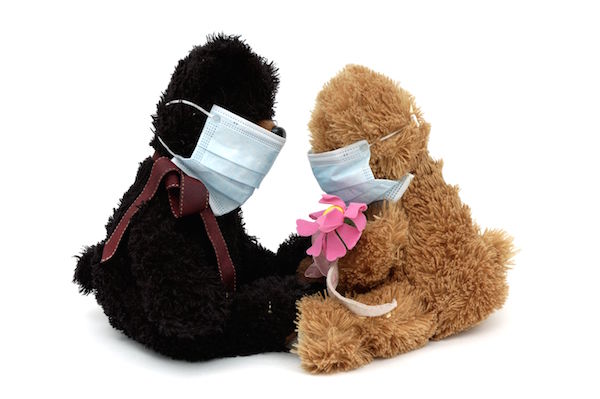
WEDNESDAY, Nov. 6 (HealthDay News) — A review of previous research reveals that bisexual men aren’t more likely than heterosexual men to have HIV, the virus that causes AIDS.
The findings challenge a common assumption that bisexual men are more likely than heterosexual men to infect their female partners with HIV, said the researchers from the University of Pittsburgh Graduate School of Public Health.
“Some observers have exaggerated the idea of viral ‘bridging’ — where a bisexual man contracts HIV from another man and then transmits it to a female partner,” study leader Mackey Friedman, of the school’s infectious diseases and microbiology department, said in a university news release. “But, at least in the United States, the data supporting the extent of this is quite limited.”
The researchers reviewed more than 3,000 scientific reports and found that bisexual men were only 40 percent as likely as homosexual men to have HIV. This could be because bisexual men are less likely to have unprotected receptive anal sex, which is the biggest risk factor for HIV transmission among men in the United States.
The analysis also revealed that an estimated 122,000 of the 1.2 million bisexual men in the United States are HIV-positive. That proportion is similar to estimated levels of HIV infection in heterosexual men and intravenous drug users, according to the authors of the study, which was presented Wednesday at an American Public Health Association meeting in Boston.
“The HIV infection risk that bisexual men pose to their female partners has likely been overstated,” Friedman said.
“However, that doesn’t mean that HIV-prevention campaigns targeting bisexual men and their male and female partners aren’t needed,” Friedman said. “HIV does exist in the bisexual community, and national, bisexual-specific data collection, research, and HIV prevention and care delivery are necessary to ameliorate this population’s HIV burden.”
The data and conclusions of research presented at medical meetings should be viewed as preliminary until published in a peer-reviewed journal.
More information
The U.S. National Institute of Allergy and Infectious Diseases has more about HIV/AIDS.
Copyright © 2026 HealthDay. All rights reserved.

